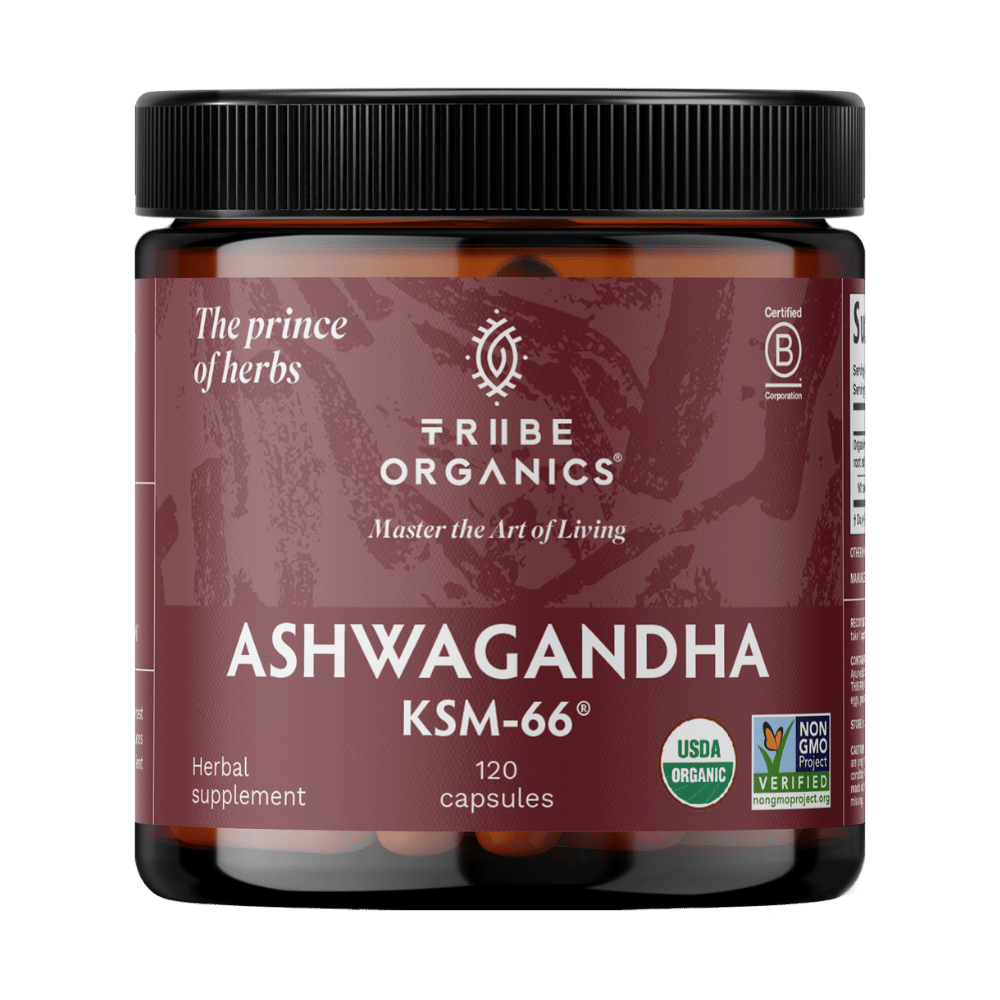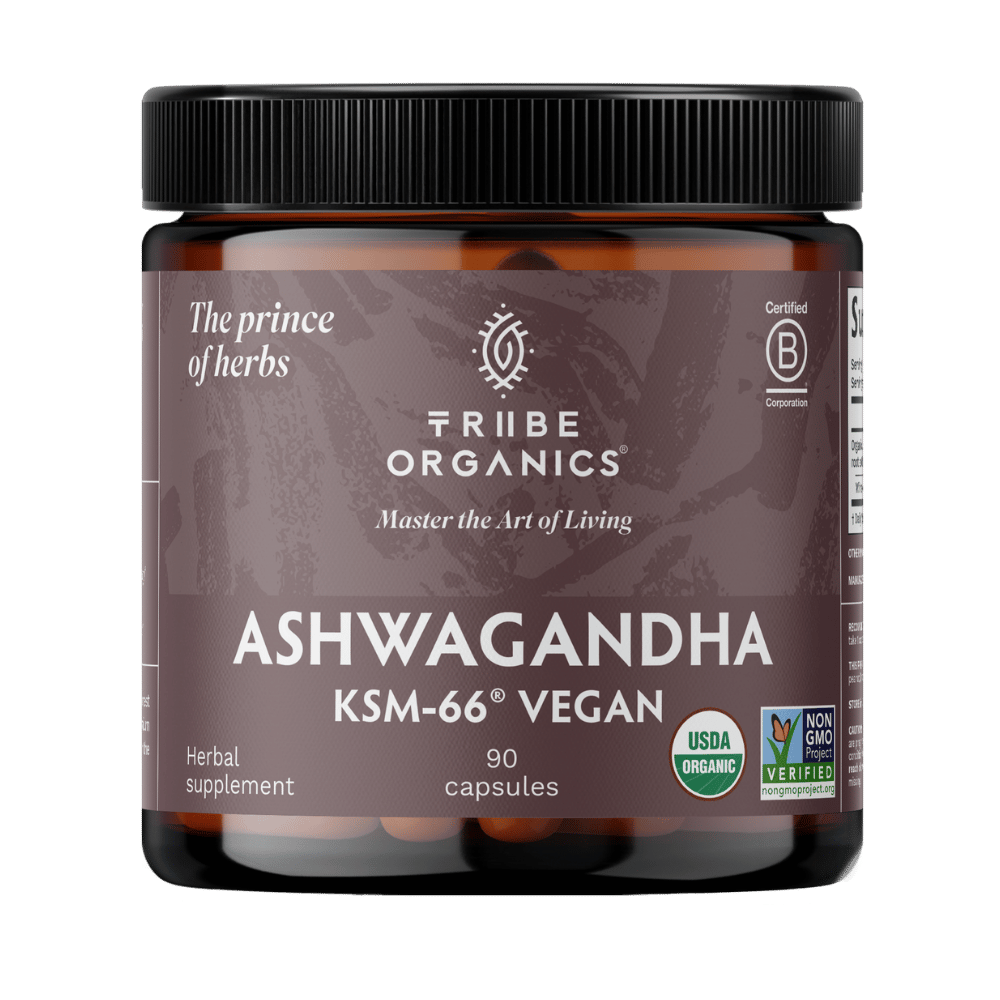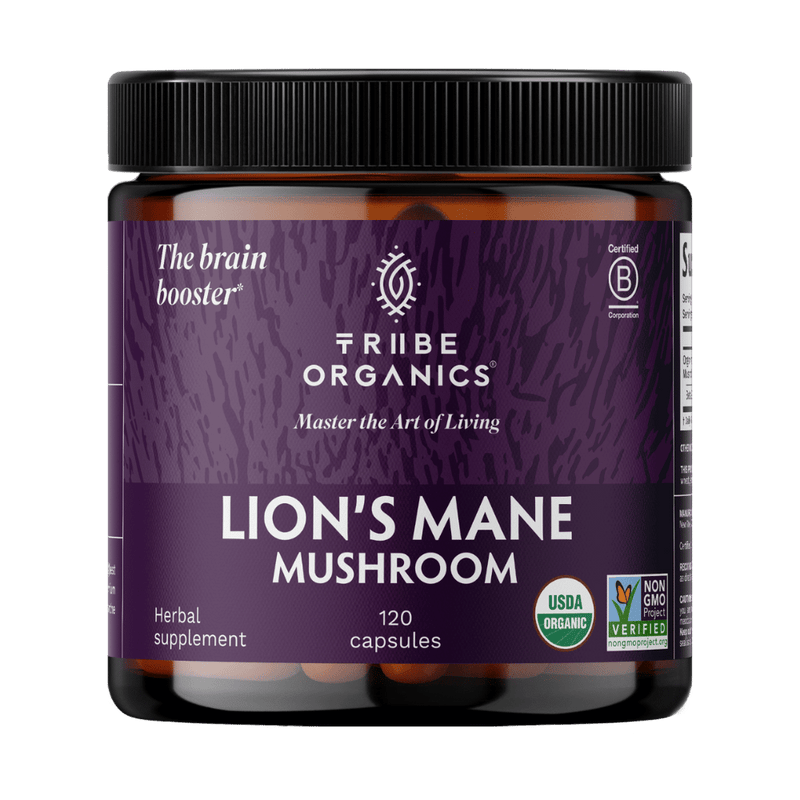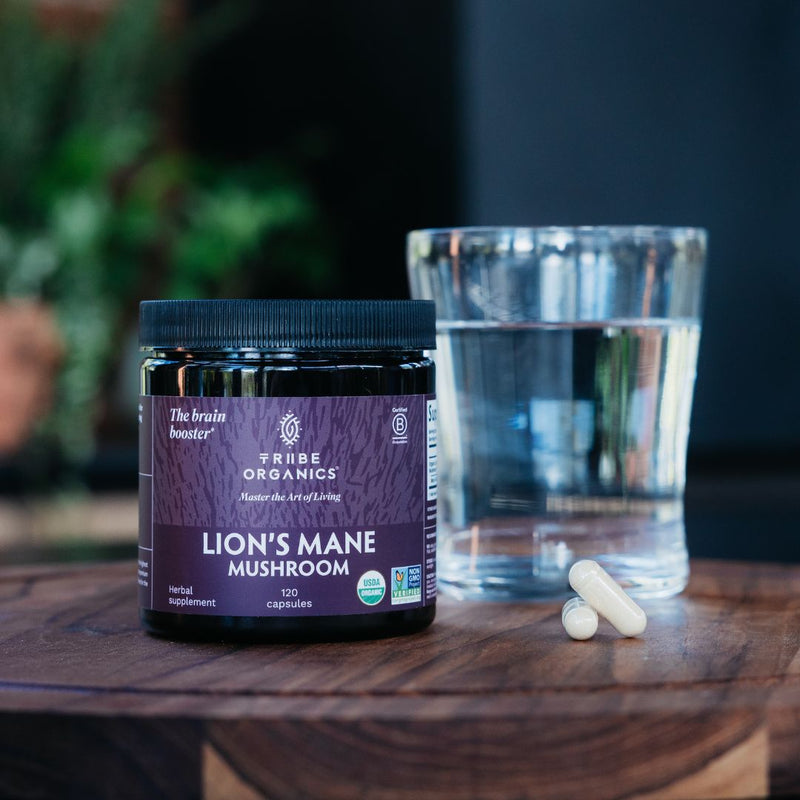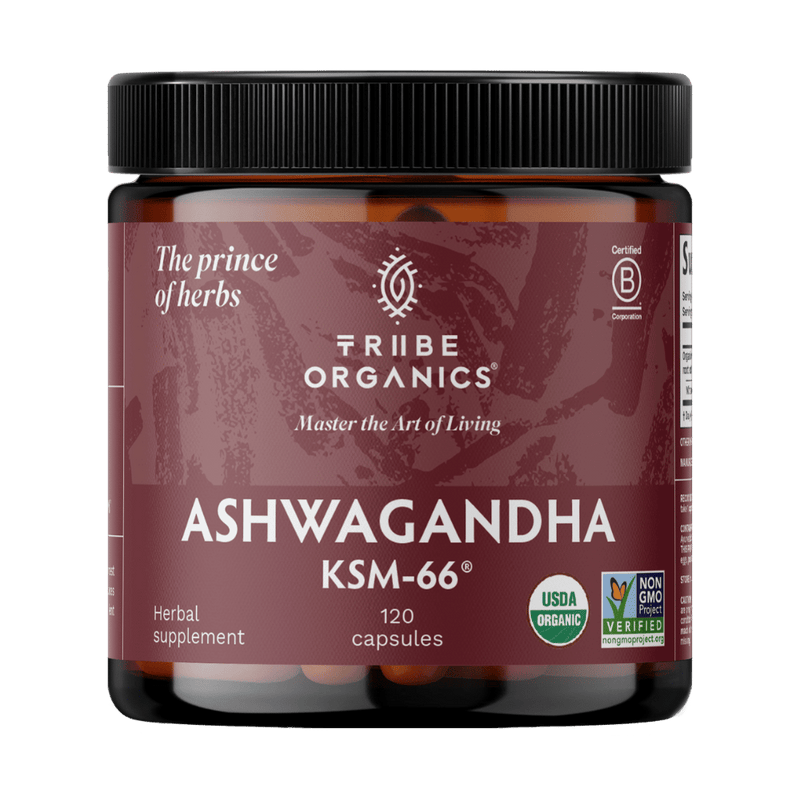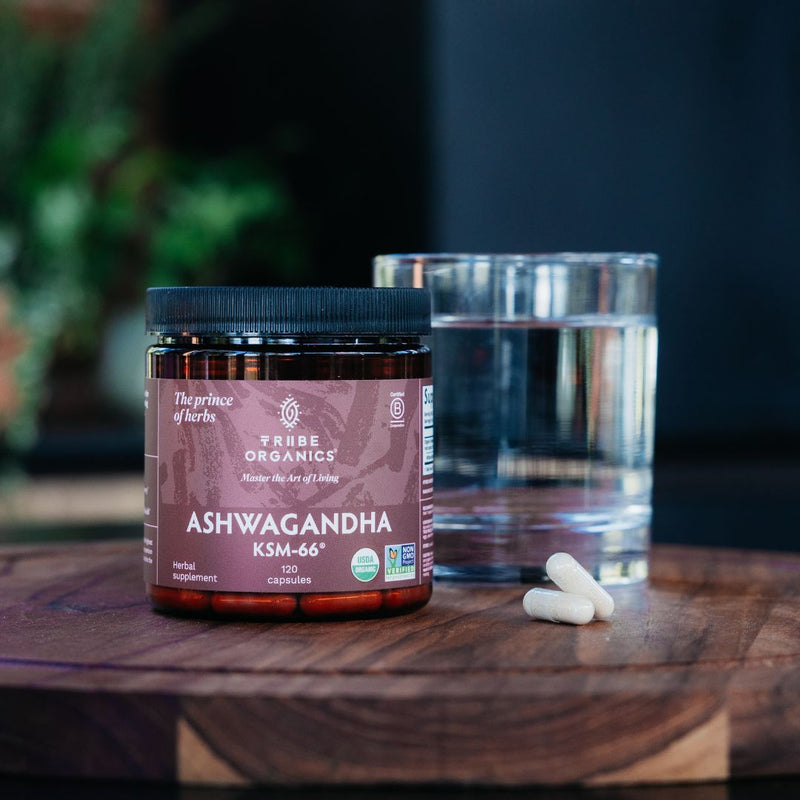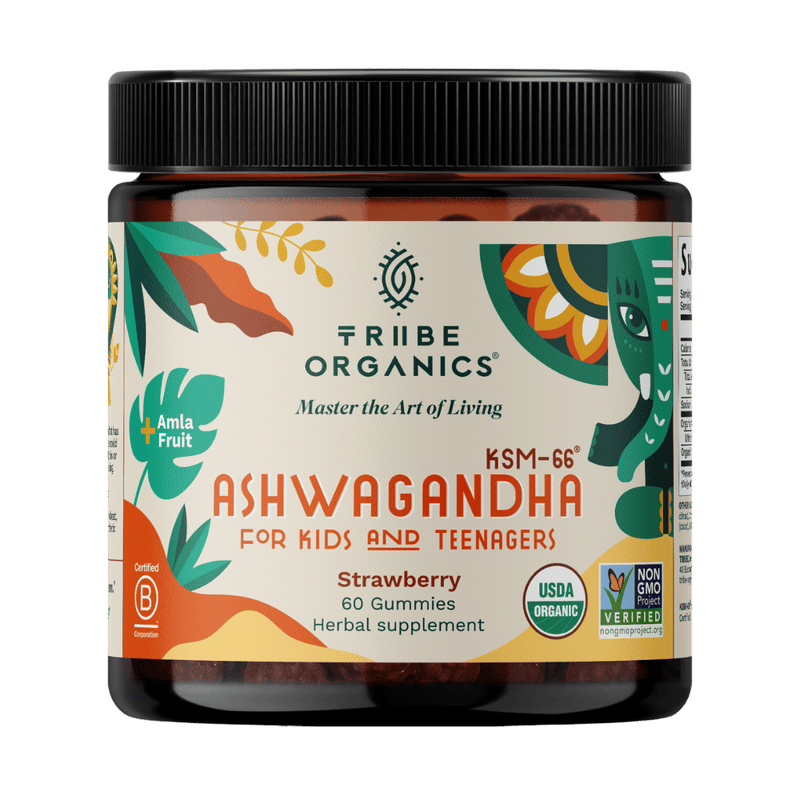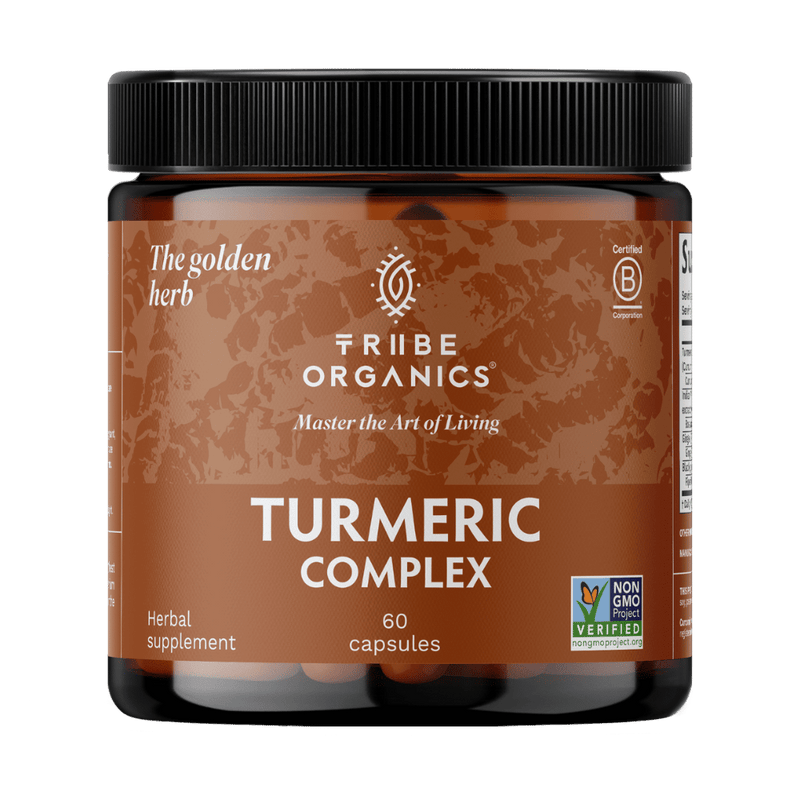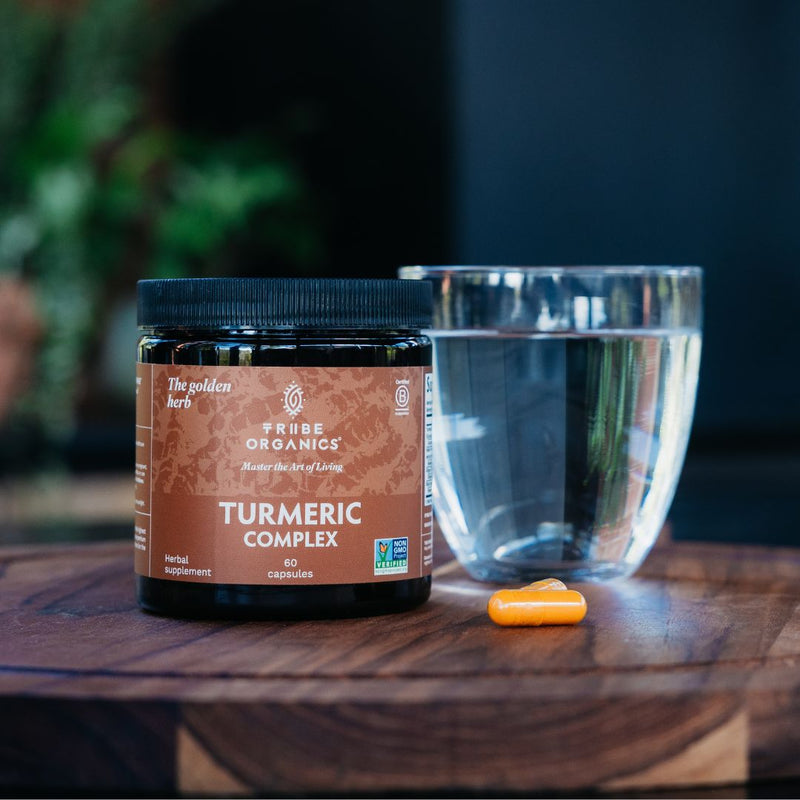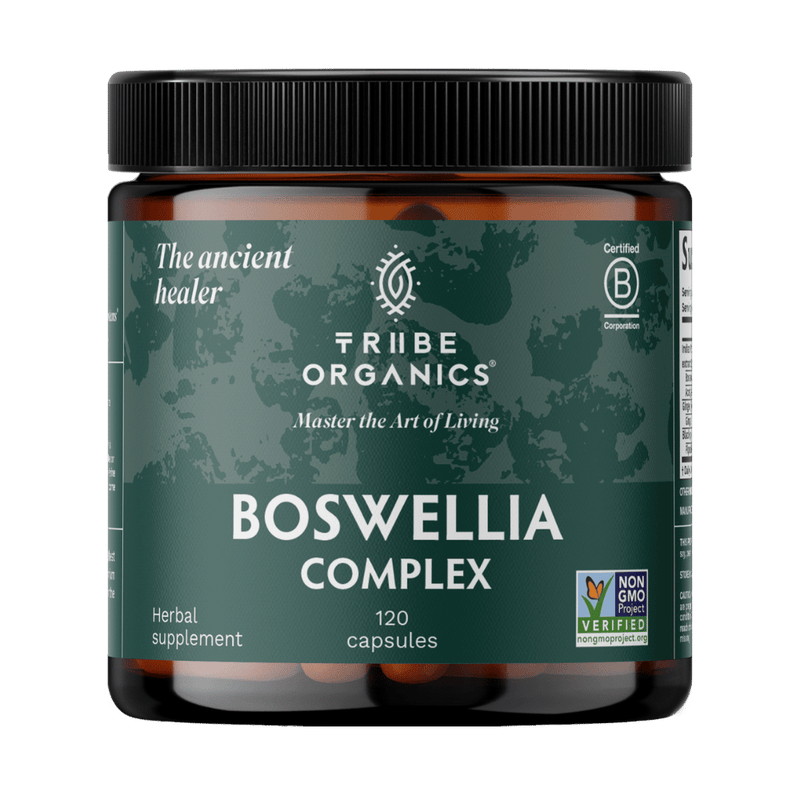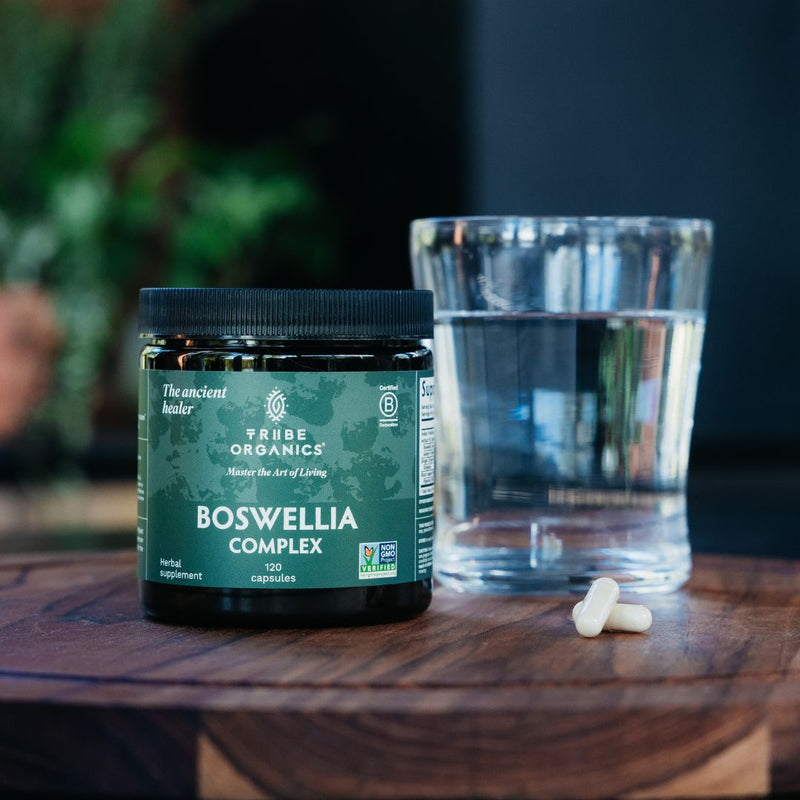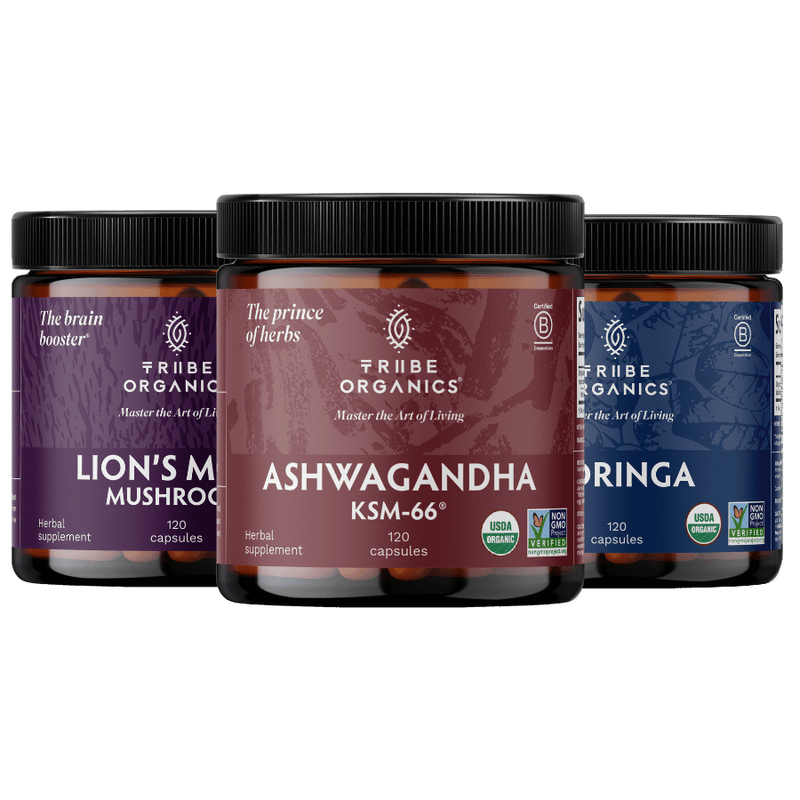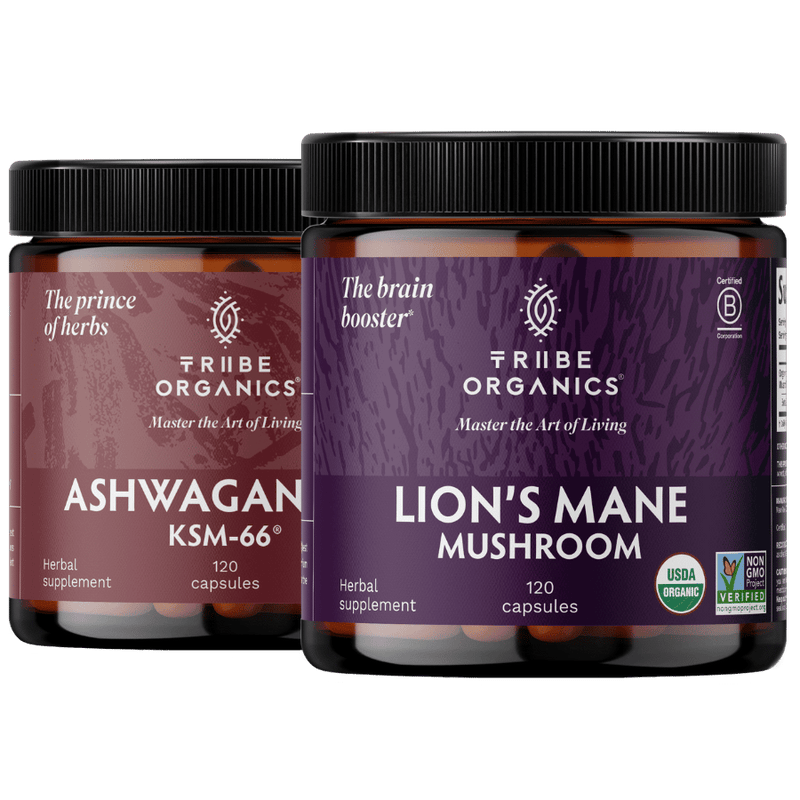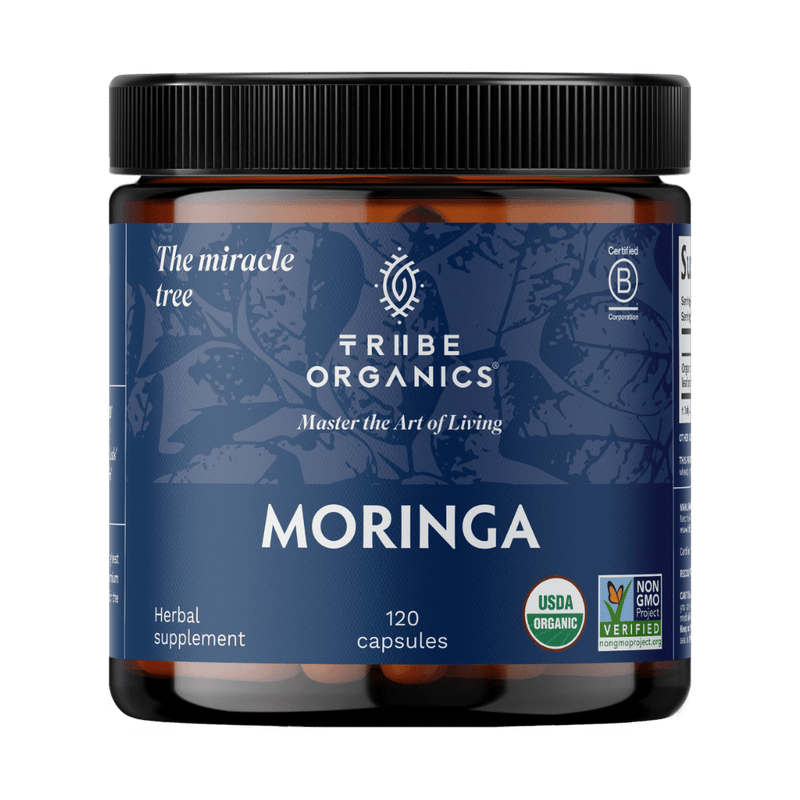Modern medicine has begun to uncover a whole host of benefits for ancient herbs and remedies that have previously remained unproven by science. For centuries, medicine experts of the ancient world have used herbs and vegetables to make salves, teas, and other compounds to heal and treat the body and mind. Among these is ashwagandha withania somnifera, a renowned herbal adaptogen in Ayurveda, traditionally used for its wide-ranging health benefits.
One such ancient medicine is the plant ashwagandha. Ashwagandha is known by many names across the globe: Poison gooseberry, nightshade, Indian ginseng, winter cherry, and many many more. It by itself is known to help treat over a dozen common ailments and illnesses, and has been used to address a wide range of human ailments, including stress, anxiety, and metabolic conditions. That is why so many are flocking to use this natural remedy.
If you are interested in organic and natural treatments for common illnesses, then Ashwagandha might be the supplement for you. So, without further delay, let’s dive into what exactly it is, what it can do, and how you can use it for yourself.
Modern integrative medicine (ayurveda integr med) combines traditional Ayurvedic herbs like Ashwagandha with evidence-based healthcare approaches, as discussed in sources such as j ayurveda integr med.
This is your definitive guide to Ashwagandha.
What is Ashwagandha (Withania somnifera)?
Ashwagandha is a shrub-like plant that grows in the region of South Asia–particularly in India. It is a small evergreen plant that grows small berries that resemble little red bulbs. The plant itself is not edible and is in fact rather dangerous to eat. However, the root is where all of the nutritional and medicinal value is extracted from. Additionally, ashwagandha is cultivated in tropical and subtropical areas of Asia, Africa, and Europe, making it a globally significant herb.
With Ashwagandha the root is extracted and dried to grind down into a fine powder for use in medicinal purposes. This allows it to be used in a variety of ways, although the most common today is through putting the powder in capsules and ingesting them as a regular supplement or vitamin.
The name ‘Ashwagandha’ translates into ‘smell of a horse’ in sanskrit. Not exactly an enticing name, but the root itself is very good rest assured. In general this ancient medicine has long been known as a gift from the earth to help heal the body in many miraculous ways. However, modern medicine is learning and has proven that it is no miracle at all–it’s science. Clinical evaluation of Ashwagandha has been conducted in healthy human volunteers to assess its safety and efficacy.
So, what exactly can Ashwagandha do for you? Let’s talk about the benefits that have already been proven by medical researchers and experts.
Forms and Composition of Ashwagandha
Ashwagandha is available in a variety of convenient forms to suit different preferences and lifestyles. You’ll commonly find ashwagandha root extract in capsules, tablets, powders, and even herbal teas. The most widely used part of the plant is the ashwagandha root, which is either consumed in its raw, powdered form or as a concentrated root extract.
One of the most important things to look for when choosing a supplement is whether it contains standardized ashwagandha root extract. Standardized ashwagandha ensures a consistent level of withanolides—the key bioactive compounds believed to be responsible for many of the herb’s health benefits. Most high-quality supplements will specify that their root extract contains between 5% and 10% withanolides, giving you confidence in the potency and effectiveness of the product.
Beyond withanolides, ashwagandha root is rich in a variety of other beneficial compounds, including alkaloids, steroidal lactones, and saponins. The exact composition can vary depending on how the root is sourced and processed, but these natural constituents work together to deliver the adaptogenic and restorative effects ashwagandha is known for. Whether you choose a powder to mix into smoothies or a capsule for daily convenience, opting for a standardized ashwagandha root extract can help ensure you’re getting a reliable and effective supplement.
History and Traditional Use
Ashwagandha’s reputation as a powerful herbal remedy stretches back thousands of years. In the ancient system of Indian medicine known as Ayurveda, ashwagandha is often referred to as Indian ginseng, celebrated for its ability to promote vitality, resilience, and longevity. Traditionally, it has been used as a rasayana—a rejuvenating herb believed to support both physical and mental well-being, enhance energy, and help the body adapt to stress.
Ayurvedic practitioners have long turned to ashwagandha to help manage stress, anxiety, and insomnia, as well as to support overall health and balance. Its adaptogenic properties have also made it a staple in traditional African medicine, where it has been valued for its ability to help the body cope with various stressors. Today, ashwagandha continues to be a cornerstone of traditional medicine, bridging the gap between ancient wisdom and modern wellness.
The Benefits of Ashwagandha
Ashwagandha has a lot of uses, but it is primarily known in Ayurvedic medicine as a Rasayana. This is a term used to describe a medicine that promotes youthfulness and overall health and wellbeing. It is known to help improve vitality, mental alertness, and reduce certain mental illnesses such as anxiety and depression. Medical researchers and experts have highlighted the clinical effectiveness of Ashwagandha, as demonstrated in randomized controlled trials, which support its benefits for stress, anxiety, and overall well-being. However, it goes a bit deeper than this.
Ashwagandha for Diabetes
Ashwagandha is known to help regulate blood sugar levels in individuals with diabetes mellitus or issues producing natural insulin. It can help those with diabetes manage their symptoms and illness. One particular study showed that the herb can help to promote insulin secretion and as a result improved insulin sensitivity in muscle tissue.
This research indicates that those who implement Ashwagandha into their daily dietary routine can have a more balanced level of insulin production and absorption within their bodies. This is excellent news for those who struggle with severe diabetes and need to carefully manage their insulin and blood sugar levels daily.
Note that Ashwagandha is not a replacement for doctor prescribed diabetes medication. However, it has been proven to aid in the treatment of symptoms and issues related to the illness.
Ashwagandha for Modulating Stress Hormones and Cortisol Regulation
Many people across the globe face issues with their cortisol levels. Cortisol is a stress hormone that can cause issues with blood sugar levels as well as increased fat retention–particularly around the abdomen. This hormone is produced when blood sugar levels get too low, or when stress levels are very high. This is because cortisol is produced by the adrenal glands under stress.
Ashwagandha is known to be able to reduce up to 30% of cortisol production according to a study conducted on the herb. This is a staggering amount for those working hard to reduce their cortisol levels and regulate their abdominal fat storage and blood sugar levels. Ashwagandha is believed to work by modulating stress hormones such as cortisol, helping to balance the body's stress response.
Ashwagandha for Stress
One of the most famous uses for the plant is for stress and anxiety reduction. This is primarily why it is known as a ‘wellness’ herb. Ashwagandha is widely used in mood and anxiety treatments, including for generalized anxiety disorder, due to its adaptogenic and stress relieving effects. It helps to promote a sense of happiness and overall calm when used regularly. However, this is not all pseudo-science. It is backed up by actual research and data.
A study conducted using control groups with Ashwagandha as well as placebo showed that those taking Ashwagandha regularly had significantly reduced levels of stress and anxiety. Similar studies also showed similar results. In these cases the research showed that those taking Ashwagandha were exhibiting upwards of 69% reduced anxiety levels as well as reduction in stress and insomnia at night. Clinical studies have demonstrated that Ashwagandha can reduce anxiety and perceived stress in adults experiencing high stress and stressed adults.
These studies were done over several months, and showed the long term benefits were extraordinary. This goes to support the already known fact that Ashwagandha is great for living a happier and more ‘anxiety free’ lifestyle for those who suffer from generalized anxiety and chronic stress disorders. Ashwagandha's stress relieving properties play a significant role in reducing stress as part of anxiety treatments.
Ashwagandha is recognized for its stress relieving effects in mood and anxiety treatments.
Ashwagandha for Depression
In a similar vein to what is mentioned just above, Ashwagandha is also known to help treat depression. Here the research is a bit more limited, but it does exist. In the same study conducted to test reduction in stress and anxiety, one of the members of the study was also diagnosed with clinical depression. This member also reported a reduction in symptoms related to depression and depressive thought patterns.
Research in biological psychiatry has explored Ashwagandha's effects on mood disorders, including depression and bipolar disorder, with some studies suggesting potential benefits for mood stabilization and cognitive improvement.
This bodes well for those who are struggling with clinical as well as seasonal depression. The compounds within Ashwagandha can help to reduce some of the most dramatic effects of depression, and promote a more generalized sense of peace and wellbeing. This is, afterall, the oldest use of the herb–as has been noted.
Ashwagandha for Male Fertility
Male fertility is a topic often left undiscussed by a lot of us. Many men feel a sense of shame around their fertility, and prefer to not discuss or research their issues related to it. This can become exasperated by stress, and lead to lower sperm counts and reduced potency of their sperm. This is one area where Ashwagandha has been proven to help. Ashwagandha is also recognized for its benefits in sexual health and improving sexual function, as highlighted in studies published in J Mens Health.
Ashwagandha has been proven to help with fertility in men. There have been many studies that showed there are measurable benefits of Ashwagandha for male fertility. But, in this particular study it was observed that 75 men within the tested group displayed increased levels of testosterone, and increased levels of healthy sperm. This showed that a higher threshold for fertility health was reached when taking Ashwagandha regularly among men. In addition to these benefits, Ashwagandha has demonstrated hormonal and vitality effects in men, supporting overall well-being and physical performance.
This data also showed that many of the men demonstrated higher levels of antioxidants in their system, and as a result had healthier sperm in general. When it comes to male fertility and the health of their reproductive system, Ashwagandha is a great addition to a daily dietary routine. Particularly for men who are experiencing high levels of stress daily.
Ashwagandha for Muscle Mass
Ashgawandha has also been proven to help build a stronger body and more dense muscle mass production. Similar control studies to those mentioned above showed that daily Ashwagandha intake can increase muscle mass dramatically.
Men who were taking in excess of 750mg of powdered Ashwagandha daily showed a significant increase in muscle mass when working out. It also showed a reduction in body fat percentage, and overall strength increase. In addition to muscle growth, Ashwagandha may support body weight management by influencing body composition and metabolic health. This shows that Ashwagandha is great for a workout supplement to help produce stronger and more well defined muscles–with men in particular.
Ashwagandha for Brain Function
Healthy brain function is key to living a long and prosperous life. That is one of the primary reasons why many take Ashwagandha in the first place. This herb has been known to help produce healthy brain function and preserve cognitive ability in those who are aging, have been injured, or are suffering from illnesses that affect mental capacity. In addition, Ashwagandha supports cognitive function, including improvements in memory and attention.
The powerful antioxidant properties of Ashwagandha are known to protect the brain from harmful free radicals. This helps to promote healthy cell production in the brain and can even repair damaged cells in the brain as well.
One study in particular showed that regular doses of Ashwagandha root improved memory and general cognitive functions in adults. This is a huge revelation for those battling memory loss due to old age or other cognitive impairing ailments. Ashwagandha can, simply put, help you to restore memory functions and keep your mind sharper for longer.
Ashwagandha for Sports
Due to the fact that Ashwagandha is great for helping to improve muscle strength and density, Ashwagandha is great for athletes and those who love sports. Ashwagandha supplementation is commonly used to enhance physical performance and recovery in sports. However, the benefits don’t stop there. In fact, studies have shown that ashwagandha may enhance aerobic capacity and performance, as evidenced by increases in VO2max, which is a key indicator of cardiovascular fitness. Participants supplementing with ashwagandha exhibited decreased muscle fatigue compared to those receiving a placebo, making it a valuable addition to athletic routines.
In this study, men who were taking doses of around 500mg of ashwagandha root daily were showing increased performance in reaction time as well as fine motor function. This showed that they had a higher aptitude for fine tasks that required small bodily movements and quick reaction times. This application is often used in sports as they require players to be quick witted as well as quick with their body.
Ashwagandha for Inflammation
Ashwagandha is also a great treatment for those who suffer from chronic inflammation or conditions that result in such. Tests have been conducted on rats that showed Ashwagandha was able to reduce inflammation in those that had arthritis as well as other inflammation related conditions. This works because Ashwagandha helps to produce cells that are natural killers of infection causing inflammation in the skin and joints. Ashwagandha exhibits both anti inflammatory effect and anti inflammatory properties, which contribute to its benefits for inflammatory conditions by modulating inflammation markers and supporting the reduction of inflammation at the cellular level.
For those who suffer from osteoarthritis, rheumatoid arthritis, as well as general inflammation in the joints, Ashwagandha is a proven treatment. Daily doses of even small amounts of Ashwagandha supplements can help reduce the pain, and make day-to-day life a lot easier for mobility.
Ashwagandha for Heart Health
As we know, Ashwagandha is able to help reduce issues related to stress hormones such as cortisol. It can also help to reduce stress and anxiety in those who suffer from them. These are two major contributing factors in stress on the heart and early onset heart conditions.
Cortisol is a direct contributor to increased levels of cholesterol. This can lead to blockages in the heart which leads to heart attacks as well as other heart related issues. Reduction in cholesterol is one side effect of regular Ashwagandha use as a result. But Ashwagandha also helps to regulate blood sugar and blood pressure, which are also major contributors to unhealthy heart function.
There is not as much hard research on the benefits of Ashwagandha use and heart function. However, we know that what Ashwagandha can do helps to improve heart function by proxy. This bodes well for those who struggle with these issues and are looking to help promote cardiovascular health both in the long and short term.
Additional Benefits of Ashwagandha: Sleep Quality and More
Those benefits mentioned above are simply a small handful of what is potentially a much larger list. Ashwagandha can be linked to the treatment of a long list of illnesses and symptoms related to illnesses. Here are just a few other areas where Ashwagandha may be beneficial:
- Parkinson’s disease treatment
- Improving symptoms related to brain damage
- Treating ulcerations
- Improving immune system function
- Treating fibromyalgia
- Treating tumors
- Treating ADHD and other cognitive disorders
- Neurodegenerative diseases such as Alzheimer's and Parkinson's
- Support for breast cancer patients
- Potential risks for men with hormone sensitive prostate cancer
- Reducing food cravings in individuals under stress
Ashwagandha is known in modern medicine as well as ancient Ayurvedic medicine to promote wellness and health. It is a generalized herb that can make those who use it feel better in a whole multitude of ways. Simply put, it’s great for you! Withania somnifera and withania somnifera root extract are the scientific names for Ashwagandha, and are commonly referenced in clinical research.
How to Take Standardized Ashwagandha Root Extract
So, now that we know all of the ways that Ashwagandha can help improve your health, let’s begin to discuss how you can take it. In general Ashwagandha is taken orally as a capsule supplement. This is the pulverized form of the root that has been encased in a standard medicinal capsule. Ashwagandha extract and novel standardized ashwagandha formulations are also available, providing consistent dosing and potency.
As with most supplements, it will very likely depend on your needs and body mass when it comes to how much you should take. The most common recommended dosage is between 250 - 600mg of Ashwagandha root daily. This can be done with capsules, extracts, etc,. Clinical studies, including placebo controlled, placebo controlled trial, randomized placebo controlled trial, placebo controlled clinical study, placebo controlled study, and randomized controlled trial designs, have evaluated the efficacy and safety of Ashwagandha. Daily doses of ashwagandha ranging from 300 to 600 mg are provisionally recommended for reducing anxiety and stress.
Generally Ashwagandha capsules will contain between 250 - 1,500mg of Ashwagandha. This depends on the retailer you purchase it from and the potency that you buy. It’s always best to err on the side of caution and take lower doses when you begin implementing it into your diet. You can gradually increase your daily dosage based on how you feel and the results you are getting.
Ashwagandha is incredibly safe to take and dose daily. For most who take it, it is a part of their daily supplement routine to help promote wellness and health. However, there are always risks of certain side effects when taking any supplement–even if they are completely natural like Ashwagandha is. Studies have shown that larger doses of ashwagandha (≥600 mg/d) and longer treatment durations (≥8 weeks) are associated with more significant improvements in sleep, making it particularly beneficial for those with sleep-related issues. A meta-analysis of several studies indicated that ashwagandha effectively improved overall sleep compared to placebo, especially in participants with insomnia.
Let’s talk about some of the side effects that you can potentially face when taking Ashwagandha daily. Common side effects are usually mild and include stomach upset, loose stools, nausea, and drowsiness. These effects are rare but should be monitored, especially when starting a new supplement routine. Additionally, Ashwagandha is associated with decreased sleep latency, which is the time taken to fall asleep, making it a helpful supplement for those struggling with sleep issues.
Dietary Supplements and Regulation
Ashwagandha is widely available as a dietary supplement, offered in forms such as capsules, tablets, and powders. In the United States, ashwagandha is regulated under the Dietary Supplement Health and Education Act (DSHEA), which means it does not undergo the same rigorous testing and approval process as pharmaceutical drugs. As a result, the quality, potency, and purity of ashwagandha supplements can vary significantly from one brand to another.
To ensure you’re getting a safe and effective product, it’s wise to choose supplements that have been independently tested by reputable third-party organizations like NSF International or ConsumerLab.com. These certifications help verify that the supplement contains the stated amount of ashwagandha and is free from harmful contaminants.
It’s also important to use ashwagandha supplements under the guidance of a healthcare professional, especially if you have underlying health conditions or are taking medications. For example, individuals on thyroid hormone medications or those undergoing treatment for breast cancer should consult their doctor before starting ashwagandha, as it may interact with certain therapies. As with any dietary supplement, a thoughtful and informed approach will help you get the most benefit while minimizing potential risks.
Potential Side Effects of Ashwagandha
Ashwagandha is very safe to take daily as we mentioned above. However, the long term effects of Ashwagandha are not entirely known due to lack of research. For this, it is recommended that you do not take Ashwagandha as a daily dose for longer than 90 day intervals. You should always take a break for 2 - 4 weeks before beginning your daily intake again.
Large doses or prolonged use of Ashwagandha may cause issues with the stomach (nausea, vomiting, diarrhea), as well as potential liver issues–although this is exceptionally unlikely. Rare cases of liver injury, including ashwagandha induced liver injury, have been reported in the literature, as discussed in environ res public health. Ashwagandha can also cause problems with those who have thyroid issues or are on thyroid medication.
With Ashwagandha, it is important to stop taking it if you become pregnant or are breastfeeding. You should also consult a physician if you are planning on taking Ashwagandha beforehand. This is to ensure that you are not on any medications that may interfere negatively with the herb when taking it regularly. Experts also advise against the use of ashwagandha by women who are pregnant due to potential risks, including spontaneous abortion.
In general Ashwagandha is perfectly safe and beneficial to take. Simply remember to be cautious, and do not take Ashwagandha for longer than 90 days consecutively without a break for cleansing. Aside from that, taking Ashwagandha as a supplement, either orally or topically, is very easy to introduce into your daily routine.
Why Take Ashwagandha?
Taking herbal medicines may seem like a bit of a ‘fairy tale’ to those who are uninitiated. This is because holistic and organic remedies often come across as unproven or lacking scientific backing from the medical community. However, this isn’t the case in many modern uses for herbal medicines.
As medical research advances, studies into natural remedies are growing more popular. This helps us to have a better understanding of how natural remedies work rather than ‘if’ they work. Herbal medicines such as Ashwagandha have been used for thousands of years in Ayurvedic medicine in India. It is only modern scientific explanations that prove exactly how it works. Recent clinical evaluation of Ashwagandha, including studies published in journals such as j med food and j diet suppl, have demonstrated its efficacy and safety for supporting sleep quality, stress reduction, and cognitive function.
Despite all of the modern research into Ashwagandha, it is still important to understand it fully and temper expectations. It can be all too easy to assume that something as beneficial as Ashwagandha is a perfect solution to any problem. However, that is never the case–there are no ‘miracle cures’ in the world.
Ashwagandha is not a supplement to be used without caution or research. It is completely safe to take, but it shouldn’t be expected to perform wonders. It can and often does promote a much healthier feeling in life and day-to-day activities. But it will not replace more specific or modern medicines for severe medical conditions.
Overall, most people turn to Ashwagandha for a natural alternative to treatments they have found lacking or undesirable. Modern pharmaceuticals can contain harsh chemicals that cause unsavory side effects and may even not work for you at all. Natural remedies are a relatively risk-free way to treat certain mental and physical ailments in those who are searching for something new–without all of the harsh side effects.
Ashwagandha is an excellent health and wellness supplement. It can make you feel healthier, happier, stronger, and more pain free throughout your daily living. It is a great way to improve how you experience life in a completely natural way. That is why so many people around the world–for the last several thousand years–turn to Ashwagandha for a general sense of wellness and health in their lives.
Conclusion
Taking any supplements should always be done at the approval of your primary care physician. If you believe that Ashwagandha can help you in your daily life, then you should ask your doctor about adding it to your diet. Ashwagandha is an all natural way to reduce stress, improve bodily functions, and get the most out of life. It truly is an amazing herb that the world has given to all of us! Ashwagandha may help calm the brain, reduce swelling, lower blood pressure, and alter immune responses, further supporting its role as a versatile wellness supplement.
Shop best sellers
Explore our collection of favorite items that have gained popularity for their quality and satisfaction.

